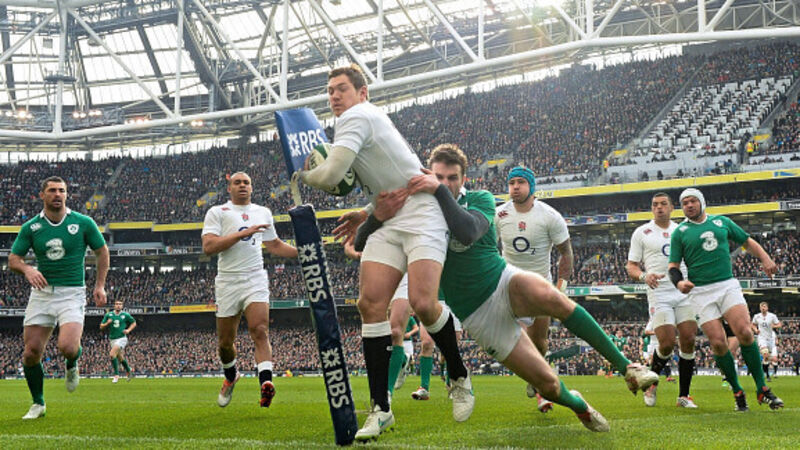Time to pause for breath. And then the hard part.

A 10th win in-a-row for only the second time in our rugby history, with the scalps of three of the top four ranked sides in the game in South Africa, Australia and England bagged in that magnificent sequence of results.
With four defeats on the bounce, there was a danger England were becoming a bit of a bogey team for Ireland.












